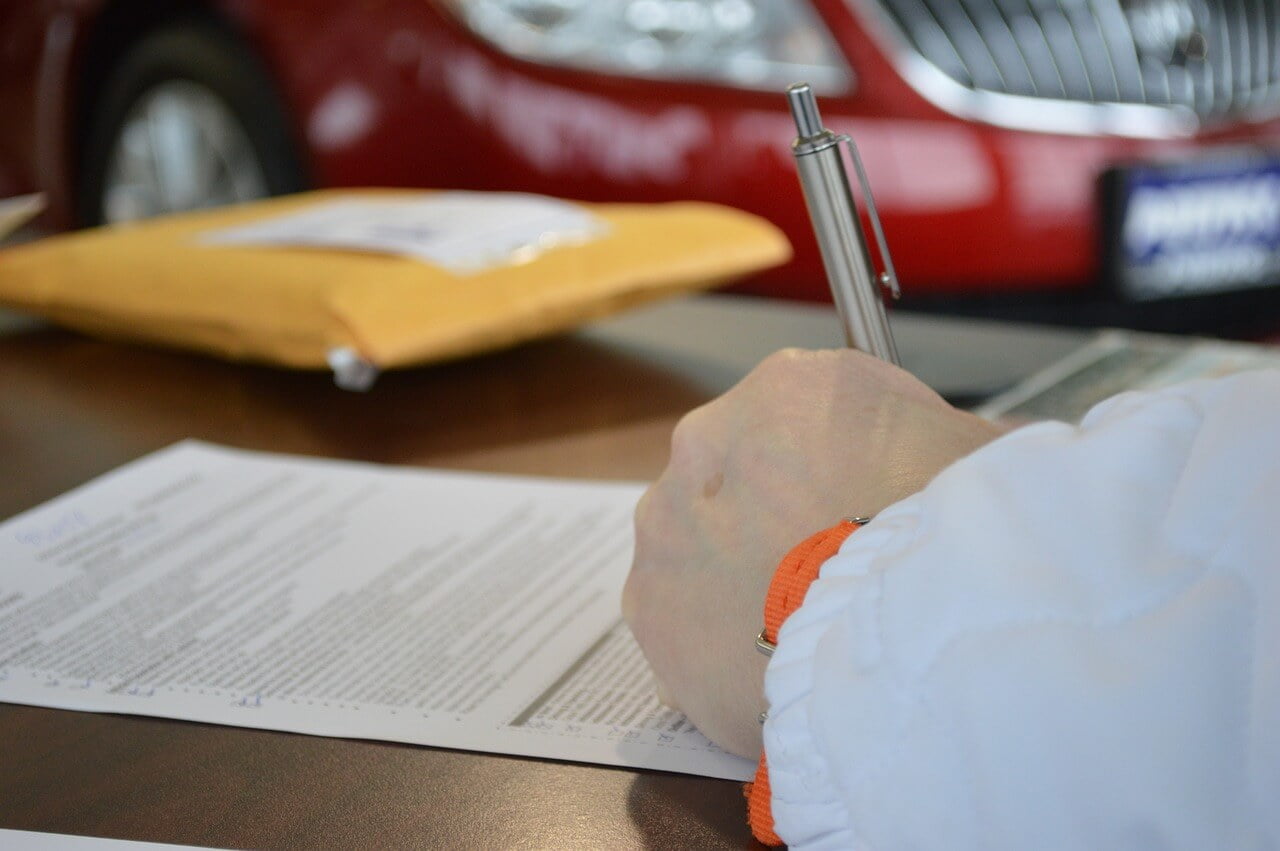The best brain injury lawyers in California
Home > Brain Injury
Stalwart Law Helps Brain Injury Victims and Families In Need
When you or your loved one incurs a brain injury leaving them unable to work and dependent on family support, it has a devastating effect both financially and emotionally. Seeing someone go from being a fully functioning child or adult to needing full time care is not something any family should have to go through but unfortunately it is all too common and often the result of medical negligence that entitles the victim and their family to financial compensation. Our team of qualified California-based brain injury lawyers can advise you if you have a viable claim.
What causes a brain injury?
The basic definition of brain damage is an injury to the brain caused by various conditions such as head trauma, inadequate oxygen supply, infections, or intracranial hemorrhage or bleeding. Signs and symptoms may appear immediately, but it may take days or even weeks after the injury for them to show. Sometimes the symptoms are mild and a person may notice a problem but not relate it to the injury. Some people will appear to have no symptoms after a traumatic brain injury, but later their condition declines.
There are different types and levels of seriousness when it comes to brain injuries, ranging from mild concussion to severe traumatic brain injuries. While concussion is the most common type of brain injury, resulting in thousands of emergency room visits every year, it is rarely serious enough to warrant legal liability. However, some concusive injuries do not resolve fully and can have permanent, life-long implications.
How are you compensated for a brain injury in California
If you have sustained a head or brain injury due to a traumatic accident or due to the negligence of a third party, our highly-qualified team of brain injury attorneys can help by handling all aspects of your lawsuit to ensure you are awarded the maximum financial settlement available to you.
Our leading medical malpractice lawyer, Dr. Steven Heimberg, is both a physician and an attorney. He has dedicated his career to helping people and fighting for justice exclusively on behalf of the injured throughout California and the whole of the United States.
Some of the different causes of compensable brain injuries include: brain trauma caused by car accidents or the results of falls or accidents. Medical negligence also may lead to brain injuries, such as:
- Missed or delayed diagnosis and treatment of stroke
- Oxygen deprivation
- Surgical errors
- Failure to treat an infection
- Failure to treat ongoing brain issues such as a seizure disorder
- Medication errors
How do you prove brain damage liability in California?
In addition to providing complete copies of all relevant medical records and other supporting documents, you may be required to undergo a CT scan or MRI to uncover evidence of bleeding in the brain (hemorrhage), blood clots (hematomas), bruised brain tissue (contusions), and brain tissue swelling.
- Hospital medical records showing the care the mother received throughout the pregnancy, any underlying conditions she had, complications that developed, medications, and blood test results.
- Doctors’ notes concerning the labor, delivery, and postpartum care.
- Hospital or birthing center records where the labor and delivery occurred.
- Baby’s medical records from the nursery or neonatal unit.
- Photographs and videos of your child at birth and as they grow.
- Medical records of the infant’s pediatrician, documenting the newborn’s medical status and the care the child received after birth.
- Eyewitness statements from those present at the birth including doctors, nurses, and technicians.
- Expert witness testimony. They can testify to the quality of the medical care provided to the mother and child, the child’s birth injury, their diagnosis and prognosis, the extent of medical treatments and care the child will need.
Why Stalwart Law Group is the best legal team to help in your Brain injury case
Our highly-qualified brain injury legal team has secured hundreds of millions of dollars on behalf of its clients, including:
$68 Million
Verdict against a surgeon who prematurely left the OR after heart surgery which resulted in brain damage to the patient
$17 Million
Verdict in a birth injury case that resulted in brain damage
$14 Million
Verdict against LA Fitness for brain damage suffered by a patron due to improper CPR and lack of emergency response plan
$9 million
Malpractice verdict for a woman with congenital brain problems, whose brain shunt became infected, leading to near-paralysis and additional brain damage
Schedule a free consultation with our team of medical malpractice attorneys and lawyers
Frequently Asked Questions
What Is the First Step in Filing a Brain Injury Lawsuit in California?
The first step is to consult with a qualified brain injury lawyer who has experience handling similar cases in California. An initial consultation typically involves reviewing the details of the injury, the circumstances that led to it, and the potential for a legal claim. The attorney will assess the viability of your case and advise on the best course of action.
How Long Do I Have to File a Brain Injury Lawsuit in California?
In California, the statute of limitations for personal injury cases, including brain injury lawsuits, is generally two years from the date of the injury. However, if the injury was not discovered right away, you might have one year from the date the injury was discovered. There are exceptions to these rules, so it’s crucial to consult with an attorney as soon as possible to avoid missing critical deadlines.
What Kind of Compensation Can I Expect From a Brain Injury Lawsuit?
Compensation in brain injury cases can vary widely depending on the severity of the injury, the impact on the victim’s life, and the circumstances of the incident. Generally, compensation may cover medical expenses, rehabilitation costs, lost wages, loss of future earning capacity, pain and suffering, and, in some cases, punitive damages.
Are Brain Injury Lawsuits Expensive to Pursue?
The cost of pursuing a brain injury lawsuit can vary, but many brain injury lawyers in California work on a contingency fee basis. This means the attorney’s fees are contingent upon securing a settlement or winning a verdict. Typically, the lawyer will take a percentage of the compensation awarded. Expenses for medical experts, investigations, and court fees are often advanced by the attorney and reimbursed from the settlement or award.
How Is Fault Determined in a Brain Injury Case?
Determining fault involves establishing negligence on the part of the defendant. Your attorney will need to prove that the defendant owed a duty of care, breached that duty, and directly caused the injury due to their actions or inactions. This often requires extensive evidence gathering, including medical records, eyewitness testimony, and expert analysis.
What Should I Expect During the Litigation Process?
Litigation can be lengthy and complex, involving several stages, including filing the lawsuit, discovery (where both sides exchange evidence), settlement negotiations, and potentially a trial. Throughout this process, your attorney will advocate on your behalf, negotiate with the defense, and prepare for trial if necessary. Communication with your legal team is key to understanding each phase and making informed decisions.
How Long Does a Brain Injury Lawsuit Take in California?
The duration of a brain injury lawsuit can vary significantly, from several months to a few years, depending on the complexity of the case, the willingness of parties to settle, and the court’s schedule. While settlements can resolve cases more quickly, going to trial typically extends the timeline.
Can I Settle My Brain Injury Claim Outside of Court?
Yes, many brain injury claims are settled out of court. Settlements can provide a quicker resolution and guaranteed compensation without the uncertainties of a trial. Your attorney will negotiate with the defense to reach a fair settlement that covers your needs. However, if a satisfactory agreement cannot be reached, your case may proceed to trial.
Client Testimonials
Our clients’ satisfaction is our top priority.
Awards
Bring our award-winning legal team on your side to fight for your rights.



























